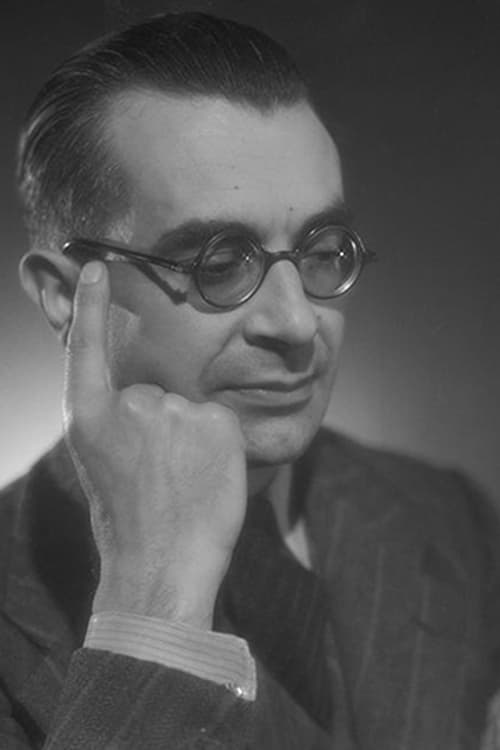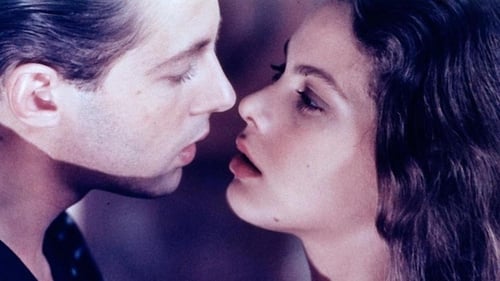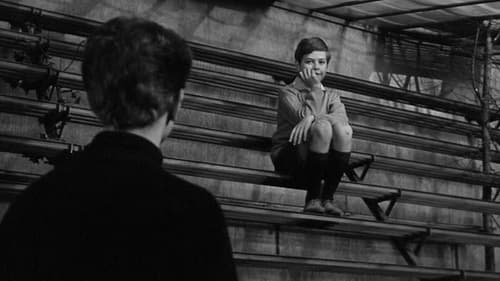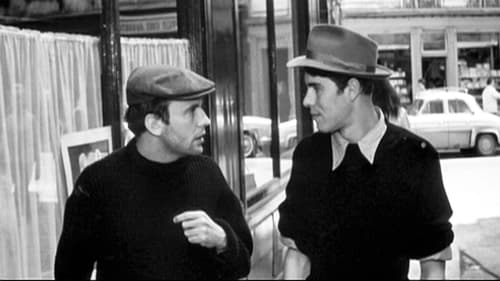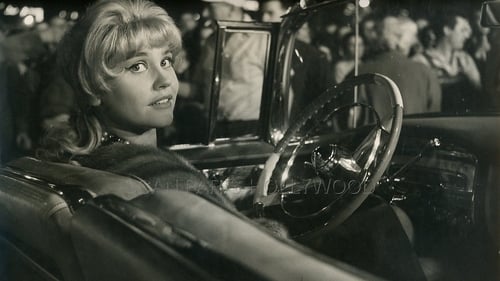Roger Peyrefitte
Birth : 1907-08-17, Castres, Tarn, France
Death : 2000-11-05
History
Roger Peyrefitte (17 August 1907 – 5 November 2000) was a French diplomat, writer of bestseller novels and non-fiction, and a defender of gay rights and pederasty.
Born in Castres, Tarn, to a middle class bourgeois family, Peyrefitte went to Jesuit and Lazarist boarding schools and then studied language and literature in the University of Toulouse. After graduating first of his year from Institut d'Études Politiques de Paris in 1930, he worked as an embassy secretary in Athens between 1933 and 1938. Back in Paris, he had to resign in 1940 for personal reasons before being reintegrated in 1943 and finally ending his diplomatic career in 1945. In his novels, he often treated controversial themes and his work put him at odds with the Roman Catholic church.
He wrote openly about his homoerotic experiences in boarding school in his 1943 first novel Les amitiés particulières which won the coveted prix Renaudot in 1944. The book was made into a film of the same name which was released in 1964. On the set, Peyrefitte met the 12-year-old Alain-Philippe Malagnac d'Argens de Villèle; and both fell in love. Peyrefitte tells the story of their relationship in Notre amour ("Our Love" – 1967) and L'Enfant de cœur ("Child of the Heart" – 1978). Malagnac later married performer Amanda Lear.
A cultivator of scandal, Peyrefitte attacked the Vatican and Pope Pius XII in his book Les Clés de saint Pierre (1953), which earned him the nickname of "Pope of the Homosexuals". The publication of the book started a bitter quarrel with François Mauriac. Mauriac threatened to resign from the paper he was working with at the time, L'Express, if it did not stop carrying advertisements for the book. The quarrel was exacerbated by Mauriac's articles attacking the memory of Jean Cocteau because of his homosexuality and the release of the film adaptation of Les amitiés particulières. This culminated in a virulent open letter by Peyrefitte in which he accused Mauriac of being a hypocrite, a fake heterosexual who maligned his own children and a closeted homosexual with a past. It is said Mauriac was badly shaken by this letter, unable to get out of bed for a whole week.
In April 1976, after Pope Paul VI had condemned pre-marital sex, masturbation and homosexuality in the encyclical Persona Humana: Declaration on Certain Questions Concerning Sexual Ethics, in a series of interviews Peyrefitte accused him of being a closet homosexual that chose his papal name after his lover's first name. Although his statements were published in a few discreet magazines, Peyrefitte was surprised and overjoyed when one day he watched in television the Pope addressing the issue in the heart of St. Peter's Square, complaining about the "horrible and slanderous insinuations" that were being said about the Holy Father and appealing for prayers on his behalf.
In Les Ambassades (1951), he revealed the ins and outs of diplomacy. Peyrefitte also wrote a book full of gossip about Baron Jacques d'Adelswärd-Fersen's exile in Capri (L'Exilé de Capri, 1959) and translated Greek gay love poetry (La Muse garçonnière (The Boyish Muse), Flammarion, 1973). ...
Source: Article "Roger Peyrefitte" from Wikipedia in English, licensed under CC-BY-SA 3.0.
